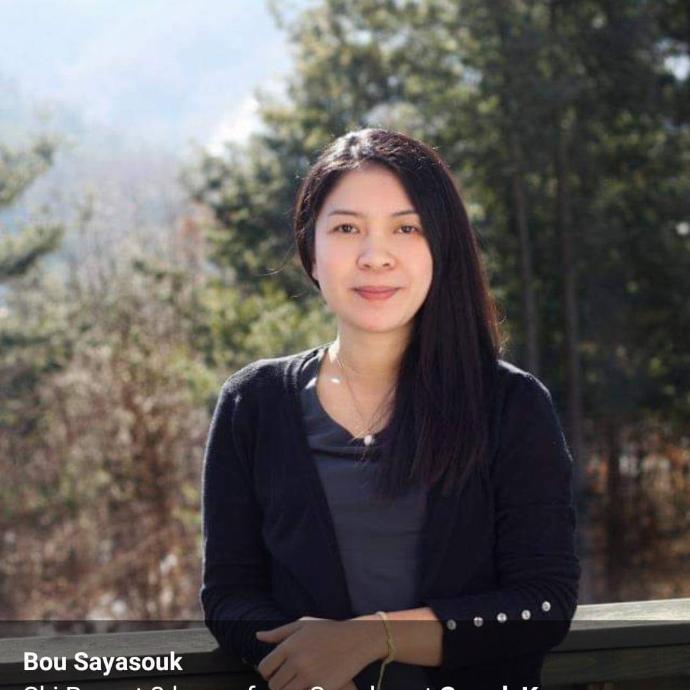K-12 Grade School
Between the age of five and 18, Canadians must attend school. School years are divided as follows:
-
Elementary School : Elementary school years span from kindergarten to sixth or seventh grade. Note that every province and school board has their own rules. Activities involve counting, coloring, and when kids are older, they’re taught basic mathematics, history, and science concepts.
-
Middle school: Also called junior high, middle school years run from age 13 to age 15 and are used as a transition period between elementary and high school. The environment in middle school is test-driven, and basic concepts turn into more detailed teachings and learnings. Students will also enjoy group activities and will be required to produce written assignments.
-
High School: High school (or secondary high school) years span from age 15 to age 18 (grade 12), which concludes with graduation. High school is academically more demanding than Middle school with longer tests and written assignments. Each province requires students to sit an exam at the end of high school. These provincial exams are a requirement for students to get into university.
Post-Secondary Education
After graduating from high school, the majority of Canadian students enrol in college or university. International students can choose from 90 universities and 150 colleges.
Like in other countries, Canadian universities offer three main types of degrees in various disciplines (bachelor’s, master’s, and doctorate).
The Higher education system is divided into two types of studies:
The completion of Canadian undergraduate degrees can take up to four years, depending on the university and the degree. Undergraduate degrees include:
A certificate demonstrates that a person is skilled to work in a particular trade. The duration can be up to 2 semesters and requires a secondary school diploma.
In Canada, a college is a community school focusing on advanced vocational skills to enter a specific trade or gain extra university credits. The college diploma usually takes up to two years to complete.
This type of degree is usually completed in two years and focuses on teaching general academic subjects and a major, combining technical and academic knowledge. Some examples include Associate of Arts (Business) and Associate of Arts (Science).
A bachelor’s degree is designed to provide students with a foundational and general knowledge of a specific subject such as Business or Engineering. The study program can last up to four years, with the last two years being more specialised, focusing on a major.
The completion of Canadian undergraduate degrees can take up to three years, depending on the university and the degree. Postgraduate degrees include:
-
Postgraduate diplomas and postgraduate certificates:
Postgraduate diplomas and certificates can help students build on specialized knowledge and skills after a bachelor’s degree, or they can be used to transition into a specific master’s degree. They usually take up to one year to complete.
Master’s degrees are highly specialised and usually take up to three years to complete. To access the master’s degree level, students will be required to complete a bachelor’s degree first.
A doctorate (or PhD.) usually entails two to three years of full-time study and the completion of an independent dissertation or thesis. You’ll usually be required to hold a master’s degree to access this level of study.




